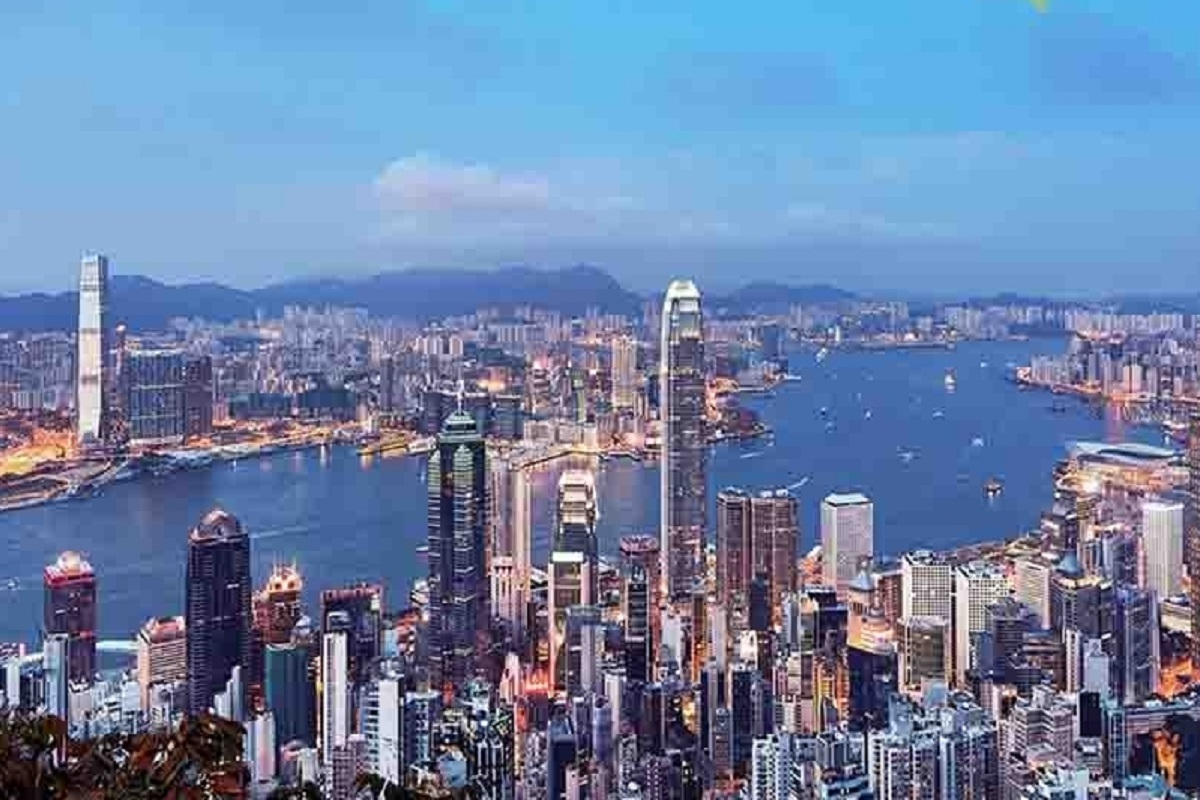China on Tuesday rejected “any foreign intervention” in Hong Kong after the European Union (EU) warned of “very negative consequences” if the cpntroversial national security law was implemented in the city.
Wang Lutong, director-general of European Affairs at China’s Foreign Ministry said, “We oppose any foreign interference in this matter”.
Advertisement
On Monday, European Commission President Ursula von der Leyen said that the implementation of the law, whose final approval is expected by the end of this month, could have “very negative consequences”.
Her comment came after after she and EU Council Charles Michel had a video meeting with Chinese President Xi Jinping and Premier Li Keqiang earlier on Monday.
Wang said that the issue was a internal matter so any interference was unwelcome.
In her remarks on Monday, Von der Leyen had said that China and EU “continue to have an unbalanced trade” and urged “more ambition on the Chinese side” to conclude negotiations on the bilateral pact.
Last Wednesday, China’s planned national security law for Hong Kong could allow for extraditions to the mainland, according to the report.
“In order to conclude the investment agreement, we would need in particular substantial commitments from China on the behaviour of state-owned enterprises, transparency in subsidies, and transparency on the topic of forced technology transfers,” Leyen added.
The EU also reiterated that it considered Hong Kong and human rights in China “non-negotiable” and, after reviewing some specific cases with the Chinese leaders.
The semi-autonomous business hub has been convulsed by a year of huge and often violent rallies that began with an eventually aborted criminal extradition bill but morphed into a popular call for democracy and police accountability.
The security law has faced criticism from western countries, especially the United States and Britain. US Secretary of State Mike Pompeo had described China’s announcement to tighten its control over Hong Kong as unilateral, arbitrary and disastrous, saying the former British colony no longer qualifies to be considered as autonomous under mainland China.
Hong Kong has been gripped for several years by political unrest and demonstrations, which had been gaining momentum in the months leading up to the coronavirus outbreak, which led to them being suspended.
(With inputs from agency)











